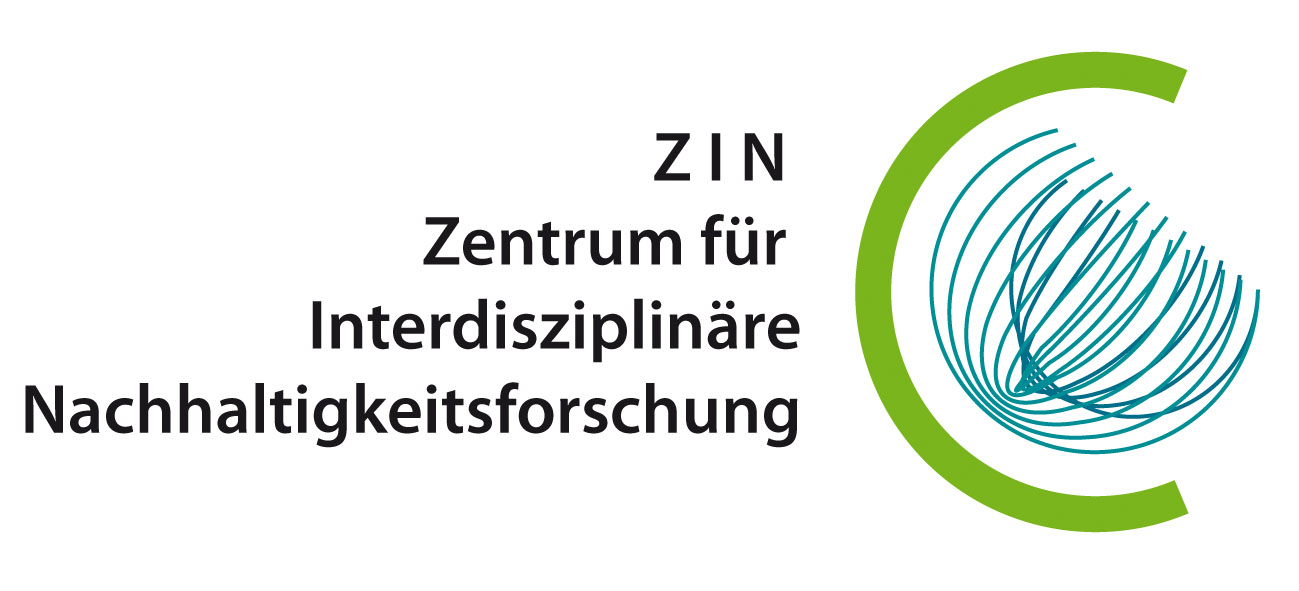Can Consumption Corridors lead to a new Normality of Sustainable Consumption?
How can sustainable consumption become attractive? How can it become a new normality in which a good life in a limited world is possible for everybody?
These and other questions on sustainable consumption and social justice were discussed on the 5th International Degrowth Conference that took place in autumn 2016 in Budapest. Thirty scientists and experts gathered and presented their thoughts on aforementioned issues, among them ZIN-spokeswoman Prof.’in Doris Fuchs who co-developed the concept of Consumption Corridors as an answer to the challenge of practically implementing sustainable consumption.
Associated with the conference, SCORAI Europe organized a Degrowth workshop. Prof.’in Fuchs participated in this workshop and, together with Dr. Antonietta Di Giulio, contributed to Issue 6 of the Sustainable Consumption Transition Series, based on the workshop proceedings. Their article “Consumption Corridors and Social Justice: Exploring the Limits” focusses on Consumption Corridors and shows, that fixing minimal and maximal standards for individual consumption can help to guarantee the access to necessary resources for today’s and tomorrow’s individuals and therefore also the possibility of a good life. In between those corridors limited by said standards, individual planning and preferences for consumption are possible. As a result it is guaranteed that the overconsumption of some does neither endanger others’ access to resources nor their possibility of a good life. The concept of Consumption Corridors thus provides an answer to the ethical challenges of sustainable development consisting in granting rights to individuals and states on the one hand, but also attributing duties on the other hand. The Consumption Corridors show a way to link consumption, sustainability, justice and individual freedom.
Further explanations concerning the path leading from ideas on the good life and justice to the concept of Consumption Corridors can be found in the article „Consumption Corridors: integrating the good life and justice in sustainable development“ (available online). It also provides a comparison with similar ideas as well as a summary and discussion of contemporary societal and political challenges of sustainable consumption.








